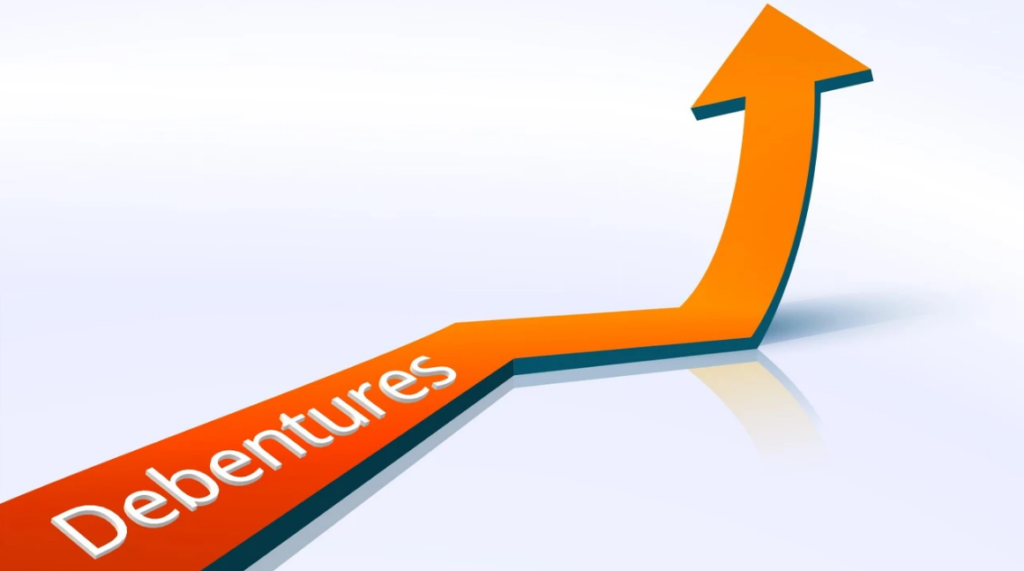What Is Debenture?
A debenture is a loan instrument issued by companies or governments to borrow funds for a certain period. The investors who purchase debentures are the issuer’s creditors; consequently, the issuer has to pay the principal back at the end of the period. In addition, issuers also pay interest.
There are two significant kinds of convertible and non-convertible.
Convertible Debentures: Debentures that can be transformed into shares in the equity of the company issuing them following a specified period are known as convertible debentures. These kinds of bonds attract investors because they can be converted to equity shares. Furthermore, it is highly sought-after by businesses since they pay a lesser interest rate than non-convertible bonds.
Non-Convertible Debentures: The debentures which can’t be changed to equity shares are referred to as non-convertible debentures. They are characterized by a higher interest rate than convertible debentures since they can’t convert.
Features Of Debentures
These are the most critical features of debentures.
- Debentures are documents that state that the issuer owes funds to the holders of debentures.
- The debt issuer frequently offers coupon payments to holders of the debentures in exchange for supplying the funds. The interest rates on debentures could fluctuate or be fixed rates.
- The maturity period of a debt is an established maturity date, typically long-term to medium-term, after which the issuer has to pay its principal sum to holders of the.
- Debenture holders can acquire company assets first, before preferred and equity shareholders, in the direst event of liquidation.
Pros
- Convertible debentures convert to equity shares following a specified period, making them more attractive.
- A debenture pays interest at a normal amount to investors.
- If a company’s insolvent, the debenture will be paid before the common stock shareholders.
Cons
- Debentures are subject to inflation if the coupon issued cannot keep pace with inflation.
- Fixed-rate debentures carry the interest rate risk exposure when the market’s interest rate increases.
- It is essential to consider creditworthiness in assessing the likelihood of default risk arising from the issuer’s financial stability.
- Creditos are constantly exposed to the risk of inflation. Inflation is the term used to describe price increases.
